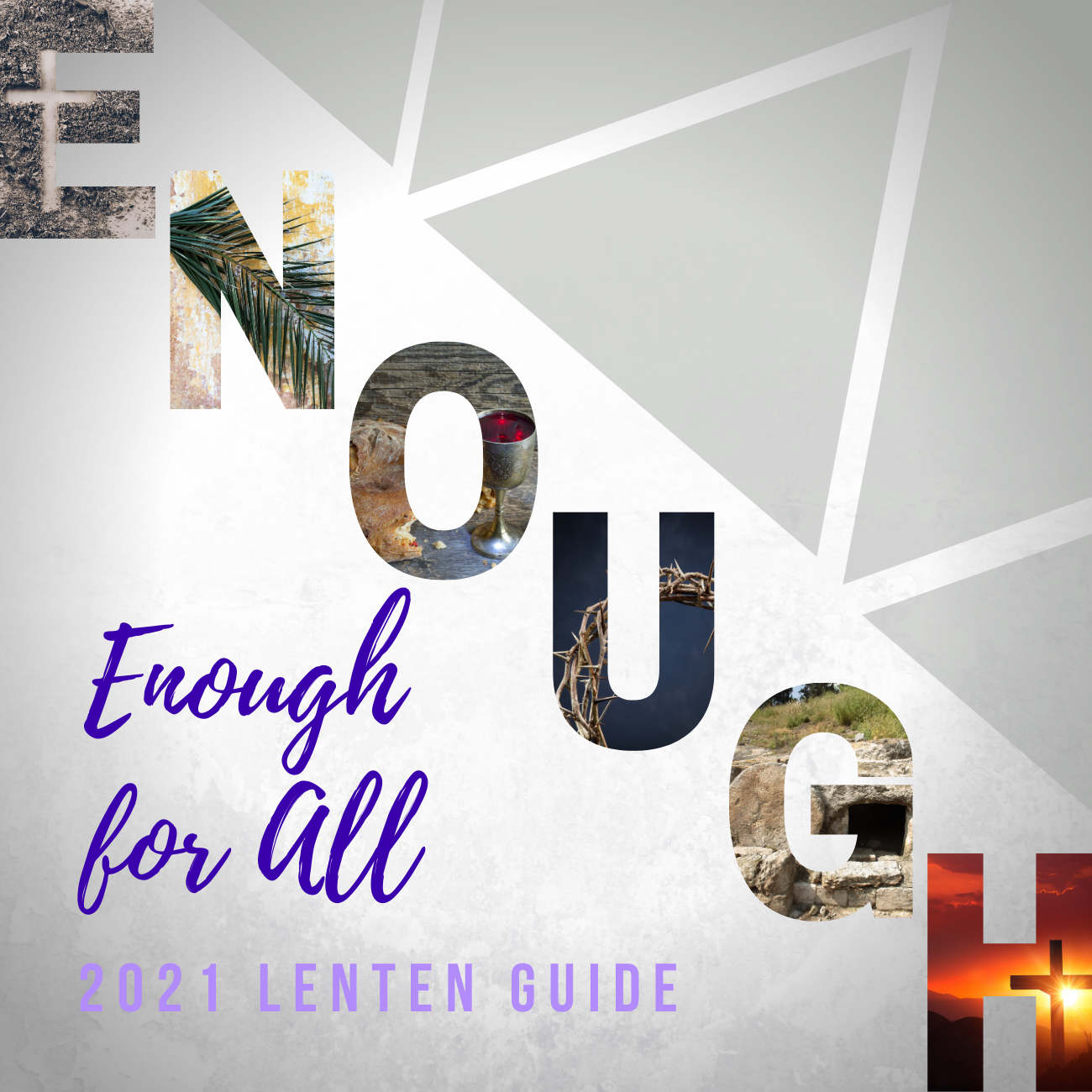Excerpted from Enough for All, a Lenten Guide for Lectionary Year B from the North Carolina Council of Churches.
Ephesians 2:1-10
You were dead through the trespasses and sins in which you once lived, following the course of this world, following the ruler of the power of the air, the spirit that is now at work among those who are disobedient. All of us once lived among them in the passions of our flesh, following the desires of flesh and senses, and we were by nature children of wrath, like everyone else.
But God, who is rich in mercy, out of the great love with which he loved us even when we were dead through our trespasses, made us alive together with Christ—by grace you have been saved— and raised us up with him and seated us with him in the heavenly places in Christ Jesus, so that in the ages to come he might show the immeasurable riches of his grace in kindness towards us in Christ Jesus.
For by grace you have been saved through faith, and this is not your own doing; it is the gift of God— not the result of works, so that no one may boast. For we are what he has made us, created in Christ Jesus for good works, which God prepared beforehand to be our way of life.
As we navigate life in a pandemic, we are taxed. We have found ways to fill up our lives virtually. In our daily pursuit of meeting what we think we need, and navigating all that beckons our attention, we traipse through inevitable exhaustion. Despite our best efforts to accomplish, consume, produce, create, and utilize – we rarely become fulfilled.
Ephesians 2:1-10 speaks to this starkly. We read in this passage about what it means to be resurrected from death to life. The words strongly note the before and after effect of being made alive again. How many of us feel fully alive?
In our hoarding of resources, time, energy, and compassion – it is ironic that we are still searching, consuming, and depleting. We already have so much, but life still feels lacking. We read: “You were dead” (2:1); “following the course of this world” (2:2); “following the desires of flesh and senses” (2:3). We are numb, even unaware, of what life could be. Ephesians tells us, “But God, who is rich in mercy, out of the great love with which he loved us even when we were dead through our trespasses, made us alive together with Christ” (2:5). Ephesians reminds us that there is a different way.
In the before and after of resurrection, we gain life. We shed what has immobilized our spirits – the worry, the “keeping up,” the scarcity-driven ways we hoard our energy and more. We eliminate what keeps us from God. When we live into the grace and mercy this passage speaks of, we are choosing life over death. We move from taking inventory of our securities and instead invite vulnerability, mindfulness, health, and less ego.
We do not have to keep choosing this hard route. We can choose a life of compassion for ourselves and others, alongside a God who offers us deep meaning in this life. Where we continue to learn daily about how God is working in this world, and join those sacred efforts that offer us incredible meaning and purpose.
We are invited to live into the grace and mercy of God. We can stop the endless pursuits of self-gratification and self-importance. There is more than enough of God’s love. We no longer need to exhaust ourselves for what we think offers life. We can rest because God is offering all that we need.

